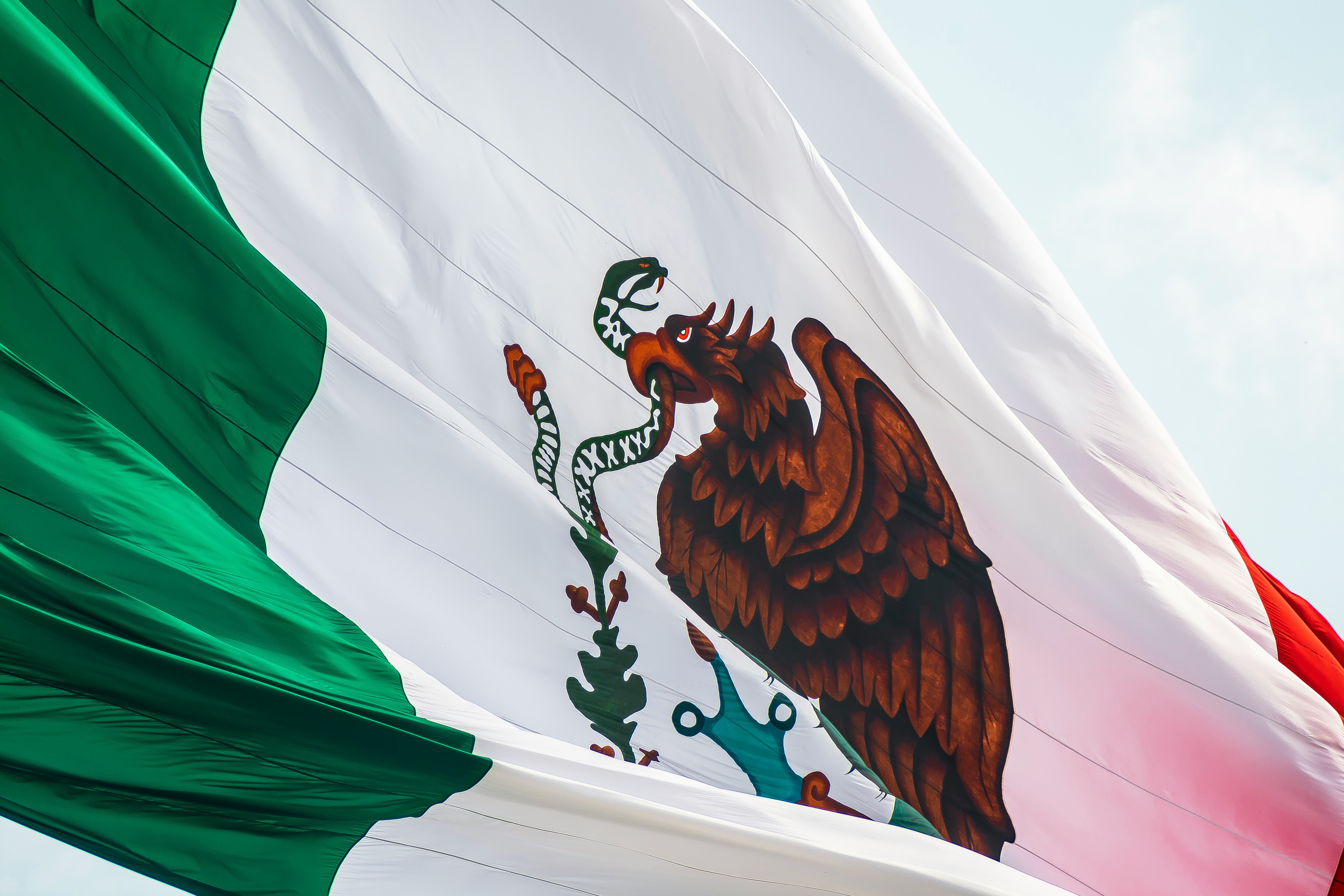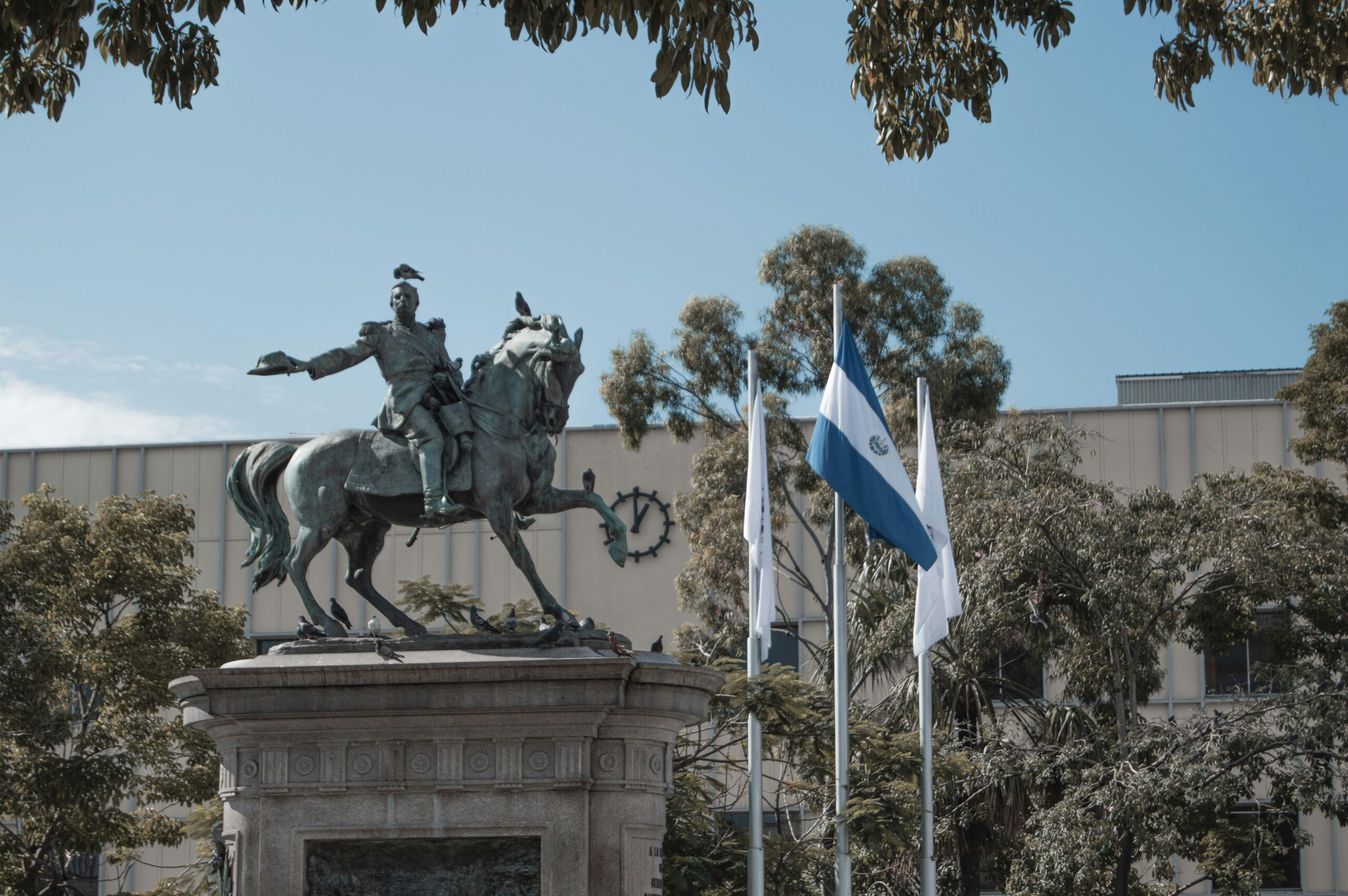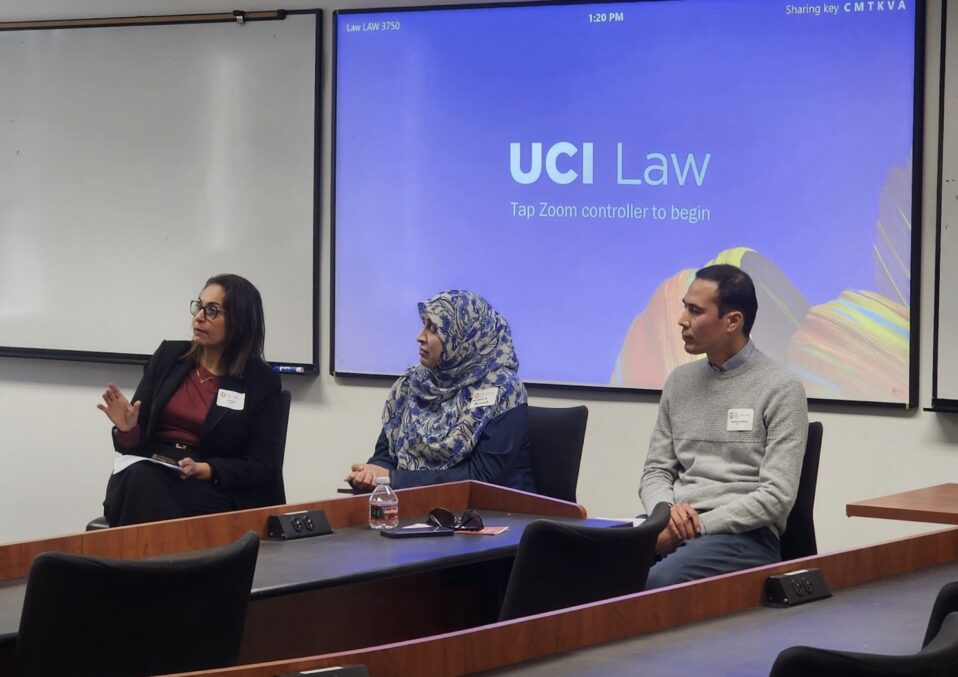According to Courthouse News, some of President Sheinbaum’s promises during her presidency include scholarships for basic education, better salaries for teachers, increases in minimum wage, harder crack-downs on crime including a five-pronged security plan, and a transition to renewable energy for the country.
President Claudia Sheinbaum’s symbolic rise to the highest position of power in Mexico demonstrates the progress of some countries towards gender equality in government, directly making strides to achieve the UN’s Sustainable Development Goal 5.5 Target that aims to “ensure women’s full and effective participation and equal opportunities for leadership at all levels of decision-making in political, economic and public life” (UN Department of Economic and Social Affairs).
Although Mexico’s most recent election demonstrated a great feat towards global gender equality, many countries have yet to follow, including the United States, Spain, Italy, Japan, Saudi Arabia, and the Netherlands who have never had a female leader in the history of their existence. UN Women states, “women’s equal participation and leadership in political and public life are essential to achieving the Sustainable Development Goals by 2030.” But with the historical trends of women coming into power, the UN reports that gender equality in the highest positions of power may not be reached for another 130 years.
Now that Mexico has shown a country’s capacity to embrace female leadership, how can other nations do the same?
Written by Special Projects Intern, Amanda Nguyen
Citations
Clancy, Laura. “Fewer than a Third of UN Member States Have Ever Had a Woman Leader.” Pew Research Center, Pew Research Center, 28 Mar. 2023, www.pewresearch.org/short-reads/2023/03/28/women-leaders-around-the-world/#:~:text=Women%20currently%20serve%20as%20the,a%20Pew%20Research%20Center%20analysis.
“Facts and Figures: Women’s Leadership and Political Participation.” UN Women – Headquarters, 7 Mar. 2023, www.unwomen.org/en/what-we-do/leadership-and-political-participation/facts-and-figures.
“Goal 5 | Department of Economic and Social Affairs.” United Nations, United Nations, sdgs.un.org/goals/goal5#targets_and_indicators. Accessed 12 June 2024.
Madry, Kylie, and Valentine Hilaire. “Mexico’s Sheinbaum Wins Landslide to Become Country’s First Woman President | Reuters.” Reuters, 3 June 2024, www.reuters.com/world/americas/mexicans-vote-election-seen-crowning-first-female-president-2024-06-02/.
Martin, Roland. “Claudia Sheinbaum.” Encyclopædia Britannica, Encyclopædia Britannica, inc., 9 June 2024, www.britannica.com/biography/Claudia-Sheinbaum. Savinar, William. “What Can Mexico Expect from a Sheinbaum Presidency?” Courthouse News Service, 7 June 2024, www.courthousenews.com/what-can-mexico-expect-from-a-sheinbaum-presidency/#:~:text=Sheinbaum%20was%20responsible%20for%20updating,north%20and%20southeast%20of%20the.






